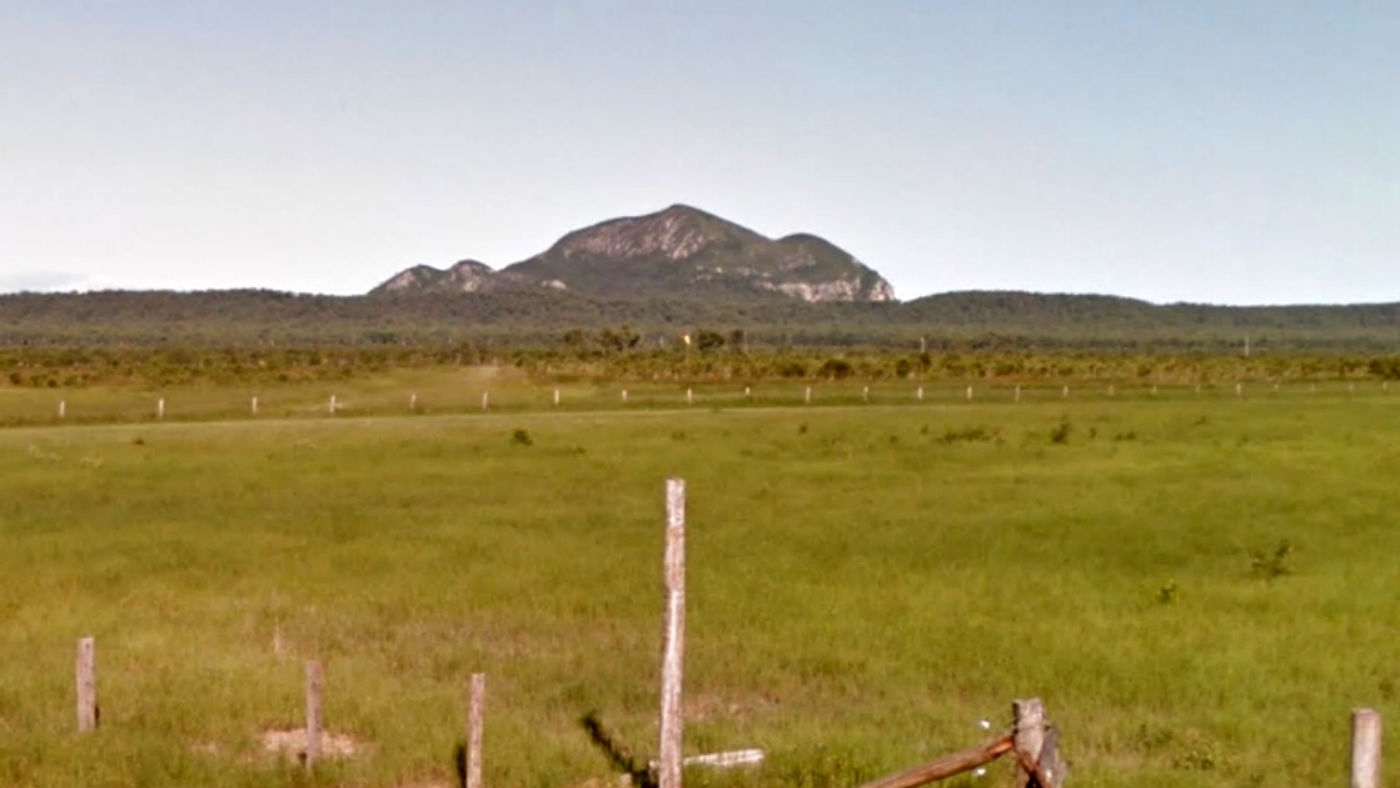Queensland to rename ‘racist’ mountains
Mount Jim Crow and Mount Wheeler to revert to traditional Aborigine names

A free daily email with the biggest news stories of the day – and the best features from TheWeek.com
You are now subscribed
Your newsletter sign-up was successful
Queensland is to rename two mountains following sustained pressure from Aborigine campaigners.
Mount Jim Crow and Mount Wheeler, on Australia’s east coast, are to revert to the traditional names used by the indigenous Darumbal people before the arrival of European colonists.
As of Friday 18 May, the two peaks will be known as Baga and Gai-i, respectively.
The Week
Escape your echo chamber. Get the facts behind the news, plus analysis from multiple perspectives.

Sign up for The Week's Free Newsletters
From our morning news briefing to a weekly Good News Newsletter, get the best of The Week delivered directly to your inbox.
From our morning news briefing to a weekly Good News Newsletter, get the best of The Week delivered directly to your inbox.
‘Aunty’ Sally Vea Vea, a Darumbal elder, told the ABC that her community had long wanted to see the traditional names restored to the mountains, which feature in Darumbal mythology and functioned as a historic meeting place for the community.
“It was a place where we had people come from our different clans to organise marriages, exchange weapons, and ceremony,” she said.
The drive to rename the mountains took on a new impetus in 2016, when the region around them was awarded native title - a status given by the Australian government to recognise indigenous rights over traditional tribal lands.
As well as the mountains’ significance to the local indigenous community, campaigners were also concerned about the origins of the westernised names.
A free daily email with the biggest news stories of the day – and the best features from TheWeek.com
Mount Jim Crow appears to have taken its name from a popular 19th-century blackface minstrel character of the same name. The laws used to enforce racial segregation in the US south before the 1960s civil rights movement are commonly referred to as ‘Jim Crow laws’.
The origins of Mount Wheeler are more obscure, but activists have suggested the name could be connected to Frederick Wheeler, a 19th-century police inspector accused of committing atrocities against native people.
Regardless of their origins, Vea Vea said the state government’s decision to return to native nomenclature was an important and necessary gesture for the indigenous community.
“The original names had been that way for 60,000 years but in the last 150 years they were changed,” she said.
Offensive place names imposed by colonists have been an ongoing cause for concern in 21st-century Australia. Last year, Queensland officially stopped recognising ten landmarks in the state using the n-word, including seven streams historically known as ‘N****r Creek’, the Brisbane Times reports.
-
 Political cartoons for February 3
Political cartoons for February 3Cartoons Tuesday’s political cartoons include empty seats, the worst of the worst of bunnies, and more
-
 Trump’s Kennedy Center closure plan draws ire
Trump’s Kennedy Center closure plan draws ireSpeed Read Trump said he will close the center for two years for ‘renovations’
-
 Trump's ‘weaponization czar’ demoted at DOJ
Trump's ‘weaponization czar’ demoted at DOJSpeed Read Ed Martin lost his title as assistant attorney general
-
 Israel retrieves final hostage’s body from Gaza
Israel retrieves final hostage’s body from GazaSpeed Read The 24-year-old police officer was killed during the initial Hamas attack
-
 China’s Xi targets top general in growing purge
China’s Xi targets top general in growing purgeSpeed Read Zhang Youxia is being investigated over ‘grave violations’ of the law
-
 Panama and Canada are negotiating over a crucial copper mine
Panama and Canada are negotiating over a crucial copper mineIn the Spotlight Panama is set to make a final decision on the mine this summer
-
 Why Greenland’s natural resources are nearly impossible to mine
Why Greenland’s natural resources are nearly impossible to mineThe Explainer The country’s natural landscape makes the task extremely difficult
-
 Iran cuts internet as protests escalate
Iran cuts internet as protests escalateSpeed Reada Government buildings across the country have been set on fire
-
 US nabs ‘shadow’ tanker claimed by Russia
US nabs ‘shadow’ tanker claimed by RussiaSpeed Read The ship was one of two vessels seized by the US military
-
 Australia weighs new gun laws after antisemitic attack
Australia weighs new gun laws after antisemitic attackSpeed Read A father and son opened fire on Jewish families at Sydney’s Bondi Beach, killing at least 15
-
 How Bulgaria’s government fell amid mass protests
How Bulgaria’s government fell amid mass protestsThe Explainer The country’s prime minister resigned as part of the fallout